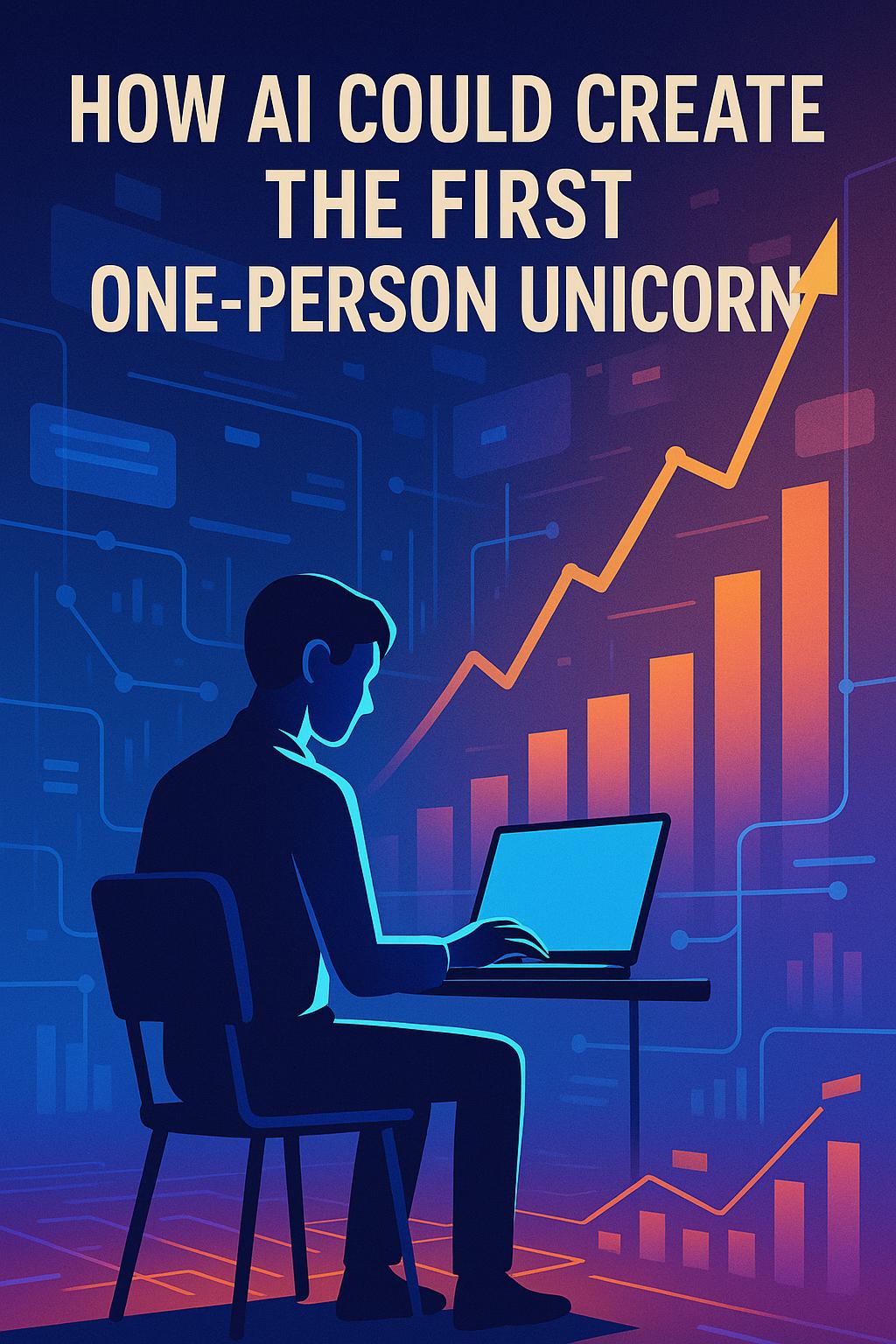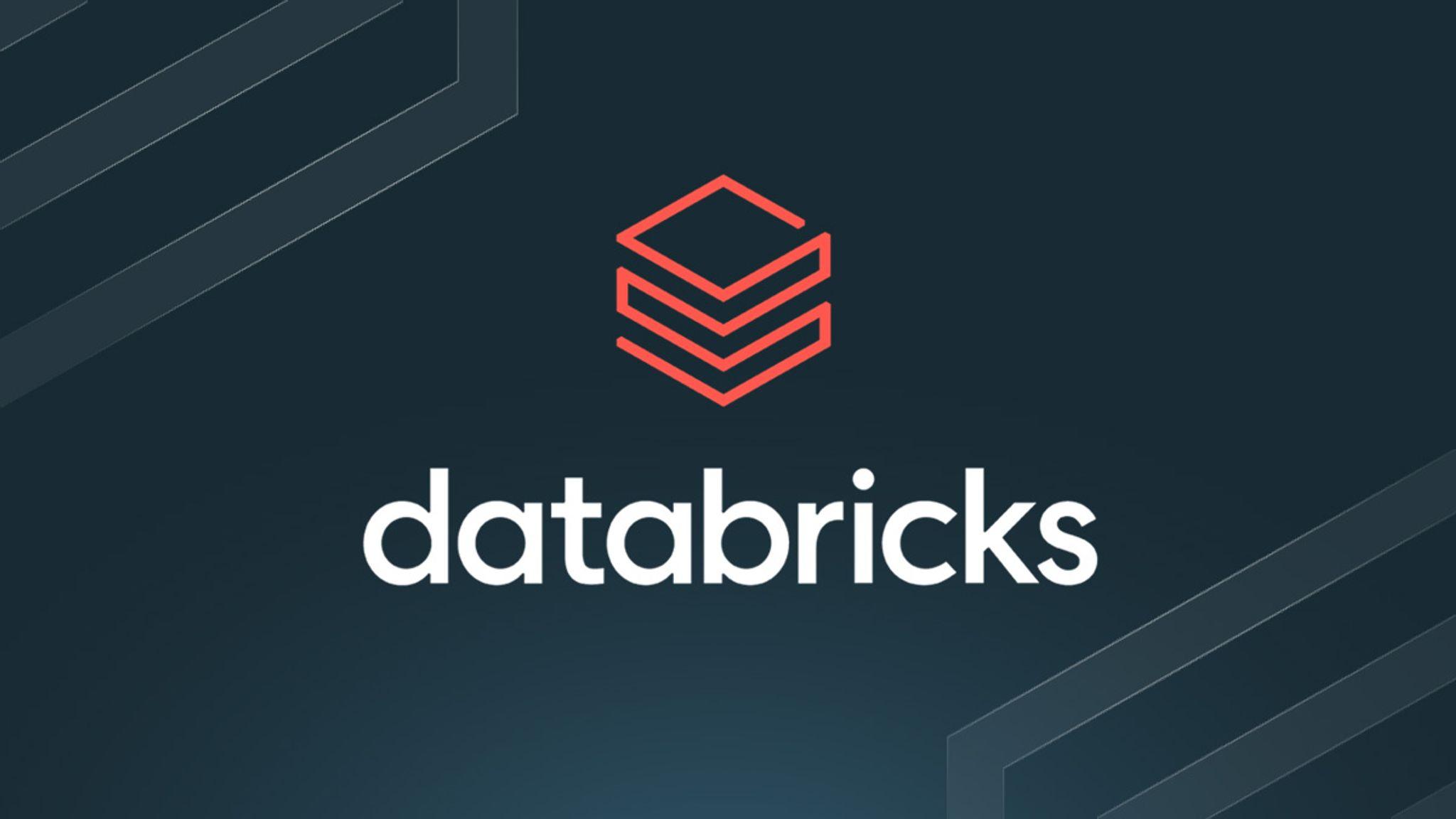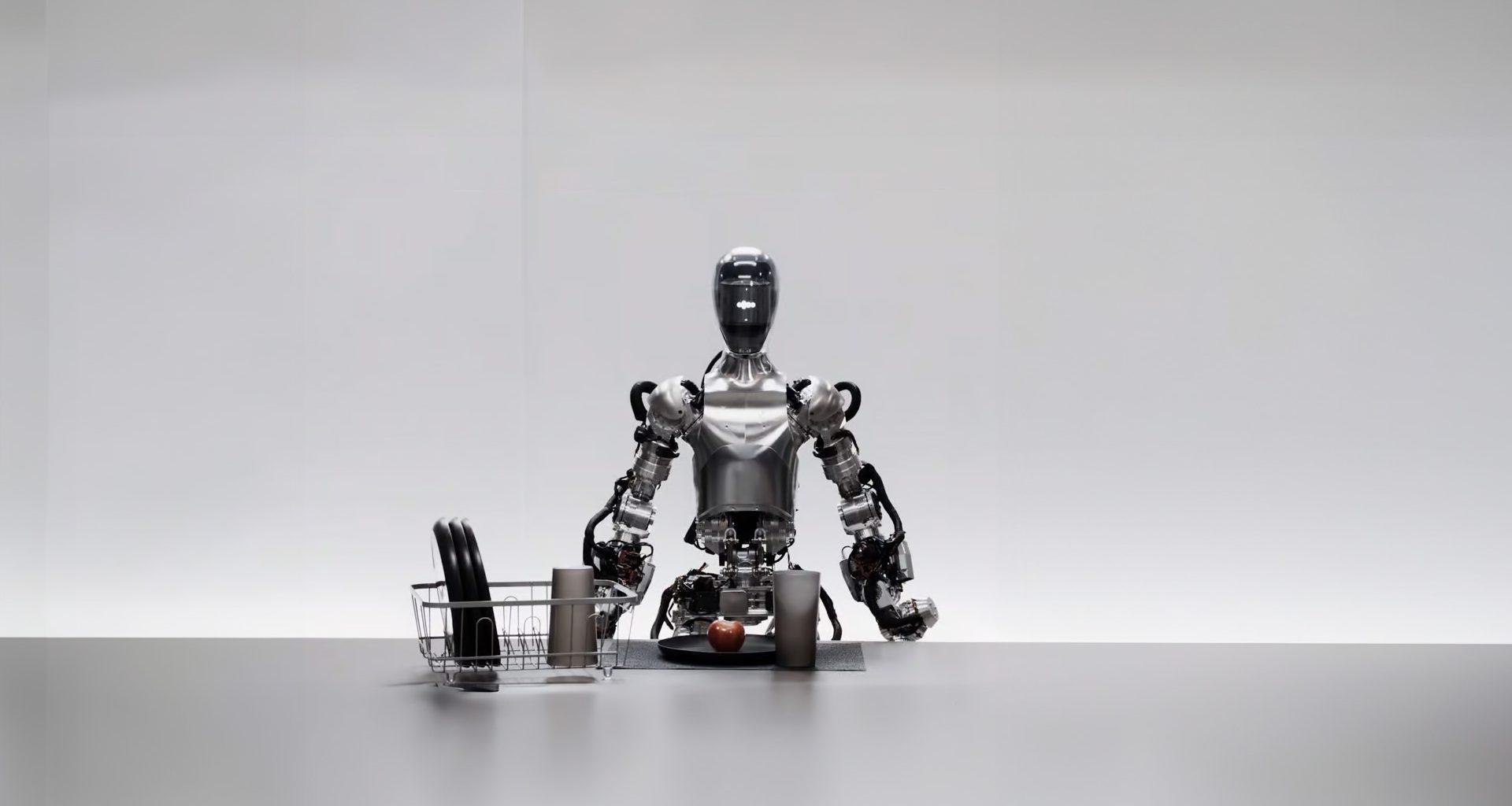
The Rise Of The One-Person Unicorn: How AI Agents Are Redefining Entrepreneurship
Traditional wisdom says that building a billion-dollar company—commonly known as a "unicorn"—requires a battalion of workers, endless iterations, and a hefty sum from venture capitalists. However, thanks to rapidly advancing AI technologies, a solo entrepreneur can now do what previously took an entire team. Enter the era of the "one-person unicorn," where AI doesn't just support human effort—it shatters the traditional norms and creates entirely new possibilities.
The Agentic Hierarchy: From Task Runners To Strategic Partners
AI systems are classified by their level of autonomy and intelligence, as illustrated by OpenAI's framework. At the foundational levels 1-2, AI agents handle narrow tasks such as drafting emails, creating code snippets, or summarizing documents. As they move up the hierarchy to Level 3, they complete complex multi-step workflows, such as managing advertising campaigns or streamlining customer support pipelines.
However, the true transformation happens at Levels 4-5, where AI agents become strategic partners capable of governing entire business units—balancing budgets, conducting negotiations, and making significant decisions. These agents can oversee departments, manage entire organizations, and make pivotal decisions that impact the whole enterprise.
Even though AI tools today are generally between Levels 2 and 3, they are evolving rapidly. By 2028, it's anticipated that a third of enterprise software applications will utilize agentic AI, taking charge of 15% of daily business decisions. These systems are not only making operations more efficient; they're transforming organizational structures into streamlined, single-entity interfaces.
The Solo Founder's Playbook: AI As Co-Founder
Imagine a solo founder launching a startup in 2025 without the need for vast teams. AI tools can handle multiple roles across various domains, serving as virtual co-founders with unprecedented capabilities at their fingertips. These AI agents fill essential roles across product development, marketing, customer support, and strategic planning.
Case studies from companies reveal that even with minimal human resources, startups can succeed in various industries, including voice AI and automated recruiting, by using AI agents to fill traditional roles. These agents handle everything from product development—transforming sketches into code—to marketing—creating social media campaigns in hours rather than weeks.
Industry Trends Fueling The Revolution
Three major forces are accelerating this transformation and paving the way for widespread AI adoption:
1. Democratization Of AI Infrastructure
AI's evolution from a complex and costly endeavor to a more accessible tool is largely due to the democratization of AI infrastructure. Major cloud providers like AWS, Google Cloud, and Azure, combined with open-source AI models, have dramatically reduced the costs of implementing AI solutions. This accessibility levels the playing field, allowing even small startups to leverage cutting-edge AI technologies without breaking the bank.
2. Self-Improving Reasoning Systems
AI agents are becoming smarter and more autonomous thanks to models designed to learn iteratively. Systems like advanced reasoning models empower AI to enhance its performance by reflecting on past actions and refining strategies. Utilizing advanced architectures like Mixture of Experts, these models can effectively address complex tasks such as intricate mathematical computations and sophisticated coding endeavors. This self-improvement loop not only boosts efficiency but also pushes AI systems to new heights of capability.
3. Agent Collaboration Networks
Another pivotal trend is the collaboration between AI agents themselves. The ability of AI agents to coordinate tasks with one another is revolutionizing operational workflows. Imagine a coding agent that develops a feature, then seamlessly passes it to a testing agent for quality assurance, which subsequently alerts a deployment agent to move it live—all without human intervention. This harmonious orchestration minimizes human oversight, streamlining processes, and accelerating project timelines.
Challenges and Implications of AI Autonomy
The rise of the one-person unicorn is not without its hurdles. As AI agents grow from simple task executors to strategic partners, they bring profound implications that demand careful consideration:
Accountability in AI Decisions
An important question surfaces as AI autonomy flourishes: Who holds the responsibility when things go awry? Consider AI-made errors in sensitive areas like medical applications or hiring algorithms. Without clear lines of responsibility, accountability becomes a crucial issue that demands attention from both entrepreneurs and policymakers.
Bias Amplification Concerns
The power of AI agents is only as good as the data they are trained on. This raises the potential challenge of bias amplification. Will these agents perpetuate, or even exacerbate, pre-existing biases? Without thorough audits, AI systems risk making unfair decisions, thus highlighting the necessity for robust scrutiny and ethical oversight.
Economic Disruption and Workforce Impact
The dawn of one-person unicorns could disrupt traditional businesses, posing a serious economic question: How do we support and retrain workers displaced by this AI revolution? The concern is real for industries that could see AI-fueled solo ventures replace established businesses with lean, AI-driven operations.
Looking Forward: A New Chapter in Business
Despite regulatory efforts around the world, global standards for agentic AI remain fragmented and lag behind the technology's rapid evolution. As AI saves time and compresses hierarchies, the world must grapple with the societal and regulatory landscapes that need reimagining to handle this autonomous revolution.
This transformation represents a tectonic shift in the business landscape where AI is not merely a tool but a partner that amplifies human potential. For investors and entrepreneurs, understanding these trends is essential for recognizing the companies that are not just riding the wave of AI adoption but actively shaping its future.
As regulatory measures struggle to keep up, it's up to entrepreneurs and policymakers to build a future where AI supports human potential rather than replacing it entirely. The era of the one-person unicorn is here, fundamentally changing what's possible for solo entrepreneurs and bringing a new wave of disruptive innovation that compresses organizational hierarchy and empowers founders with capabilities that once required entire teams.







